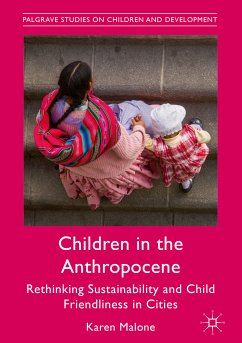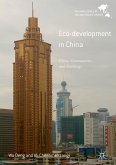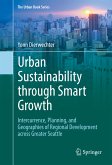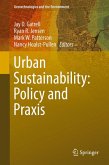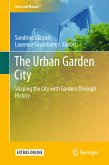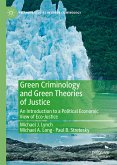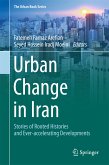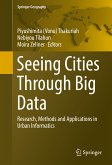This book elaborates the need, in a rapidly urbanizing world, for recognition of the ecological communities we inhabit in cities and for the development of an ethics for all entities (human and non-human) in this context. Children and their entangled relations with the human and more-than-human world are located centrally to the research on cities in Bolivia and Kazakhstan, which investigates the future challenges of the Anthropocene. The author explores these relations by employing techniques of intra-action, diffraction and onto-ethnography in order to reveal the complexities of children's lives. These tools are supported by a theoretical framing that draws on posthumanist and new materialist literature. Through rich and complex stories of space-time-mattering in cities, this work connects children's voices with a host of others to address the question of what it means to be a child in the Anthropocene.
Dieser Download kann aus rechtlichen Gründen nur mit Rechnungsadresse in A, B, BG, CY, CZ, D, DK, EW, E, FIN, F, GR, HR, H, IRL, I, LT, L, LR, M, NL, PL, P, R, S, SLO, SK ausgeliefert werden.

